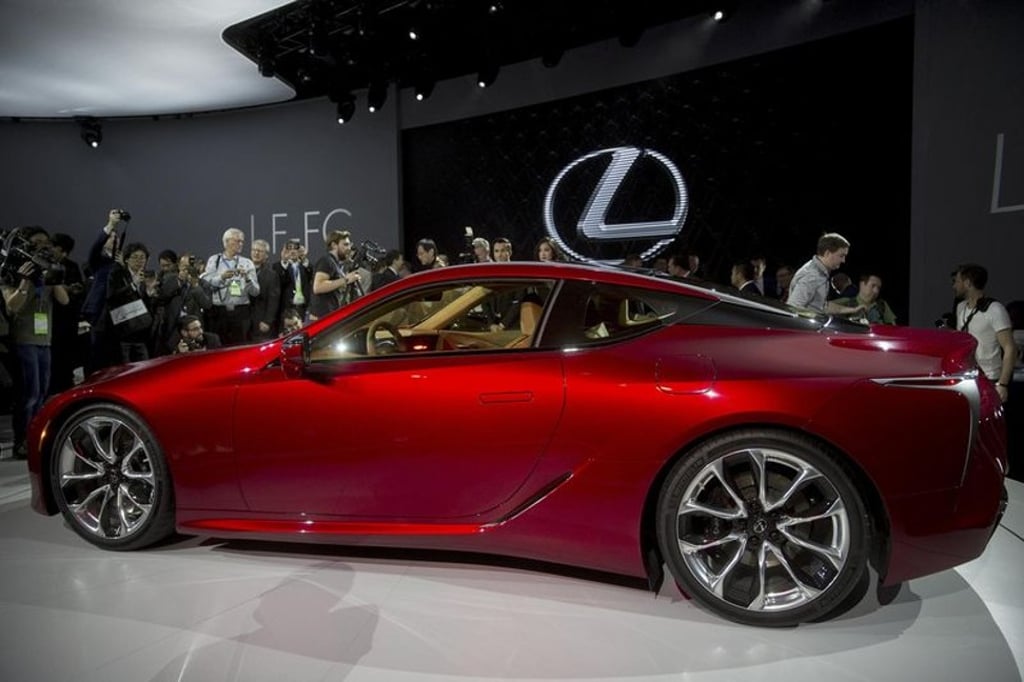China’s demand for Lexus cars lifts Toyota’s third-quarter operating profit higher, but misses forecasts
- Japan’s largest carmaker posted an operating profit of Ұ676.1 billion, up 0.4 per cent from Ұ673.64 billion in the same period a year earlier

Toyota Motor’s quarterly operating profit edged up as continued increase in sales in Asia, including China, offset lower sales in North America, its biggest market.
Japan’s largest carmaker lowered its full-year net profit forecast to Ұ1.87 trillion (US$17 billion) from a previous view of Ұ2.3 trillion, citing unrealised losses on some of its equity investments, but reiterated its annual operating profit projection of Ұ2.4 trillion.
For the October-December quarter, Toyota posted an operating profit of Ұ676.1 billion, up 0.4 per cent from Ұ673.64 billion in the same period a year earlier. This missed an average estimate of Ұ680.84 billion from 10 analysts polled by Refinitiv.
Its global retail sales rose 2.8 per cent to 2.71 million units in the quarter from 2.63 million units a year earlier, driven by a climb in sales to 464,000 units in Asia including China, from 404,000 during the same period last year.
Sales in North America, which accounts for nearly 30 per cent of Toyota’s annual vehicle sales, came in at 680,000 during the quarter, from 735,000 a year before. Overall demand for cars in the region has stagnated over the past two years.
China, however, has been a bright spot for Toyota, partly because of strong demand for its Lexus luxury brand that has helped it buck a wider slowdown in the world’s biggest car market.
